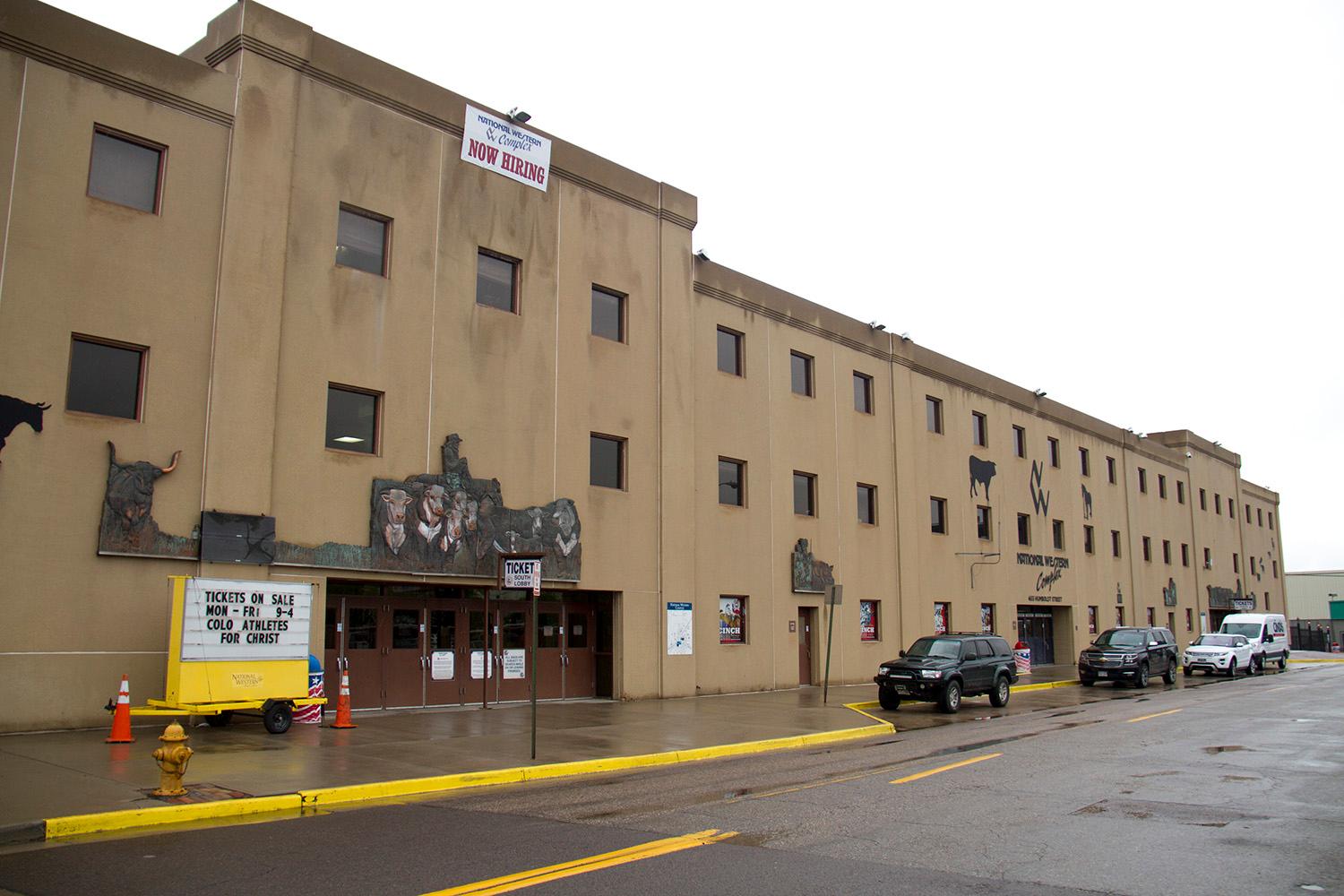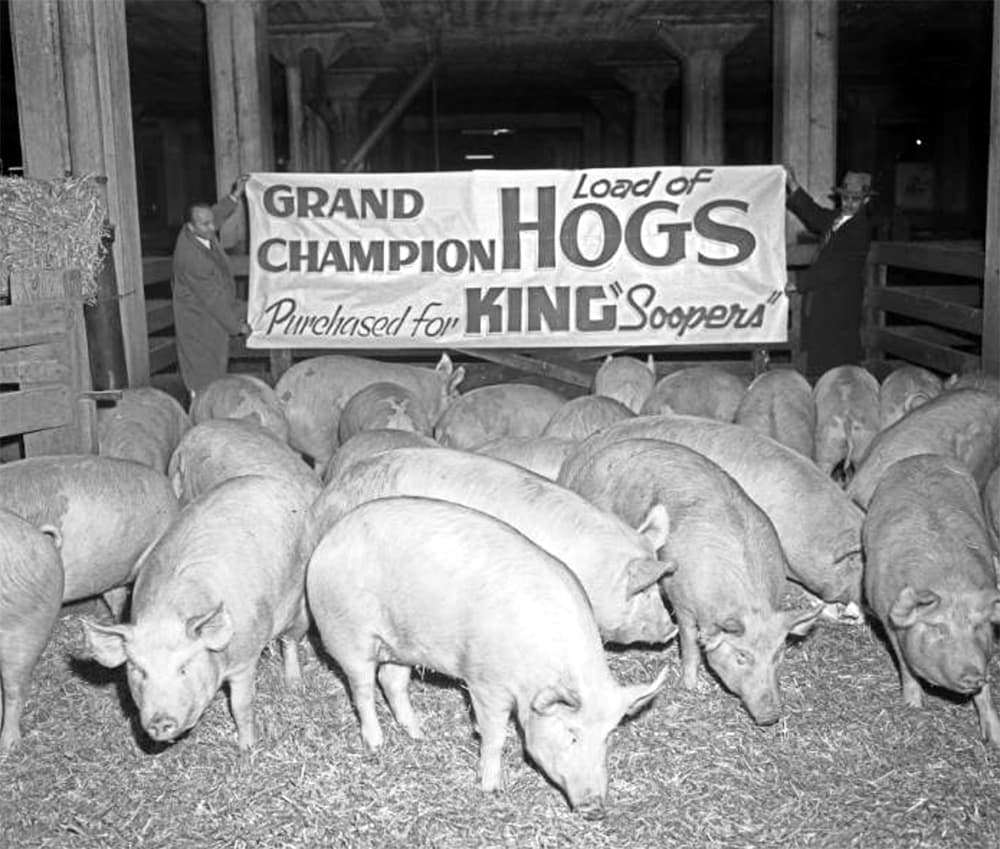
Mayor Michael Hancock wants Denver to be on the forefront of figuring out how to feed the billions of people on the planet.
"We are always going to need agribusiness and agriculture. We got to eat. Seven billion people around the world have to eat" Hancock said Thursday as city officials gathered to hear new details on how The National Western Stock Show could be transformed into a hub for the agriculture industry.
Agriculture is an increasingly important industry as the nation and world grapples with growing populations, water restraints and climate change.
"Someone has to be thinking through those issues, and why not here where we have the capacity to do it?" Hancock said.
There will be up to 3 million square feet of office and lab space at the renovated The National Western Stock Show, according to a study released Thursday. The stock show project is expected to replace 300 to 500 workers in the area with 108 full-time workers at the complex and another 6,000 to 10,000 direct and indirect jobs that result from the area being redeveloped.
The study suggests attracting businesses and organizations in sectors that are huge in agriculture today like water, infrastructure and energy as well as companies that will shape the future of food going forward like in the grain and oil seed processing sector.
In November, voters approved borrowing and tourist tax extensions that will provide the bulk of the $1.1 billion in funding that will go to making over the National Western Center complex. The city’s goal is to transform the National Western Complex and Denver Coliseum from the home of a roughly two-week agriculture event complete with professional rodeos, a horse show and a western trade show to a year-round destination and global hub for agriculture and innovation.
It's expected to take nearly a decade to finish the first two phases of the stock show renovation.
"We don't have to wait to start the economic development for those 10 years," said Kelly Leid, executive director of Denver’s Office of the National Western Center. "We need to have the data so we can make decisions about what the short, mid and long-term objectives should be."
Why Denver?
The bulk of Colorado's farmers and farmland are outside of Denver's city limits. Those in the agriculture industry contribute $41 billion to the state economy and employ nearly 173,000 people, according to the state. But those numbers don't put Colorado on the list of the top 10 agricultural producing states in the U.S.
"One of the questions I ask is 'Why Denver? What makes Denver unique when you think about all the cities in the world that can have this concept,'" said Paul Washington, executive director of the Denver Office of Economic Development.
"The answer is it begins with our research partners. Not to blow too much sunshine Fort Collins' way, but CSU is an international leader in this effort from a research standpoint. We're also surrounded by dozens of other federal research laboratories within the region," Washington said.
Denver officials highlighted plans to create an "Agriculture Innovation Triangle" that connects the research happening at Colorado State University in Fort Collins with businesses and organizations at the National Western Complex and access to the Denver International Airport.
Denver might be better suited for this type of industry hub than other places in the country, said Chris Brewer, vice president and the planning and building firm AECOM.
"This region has accelerated out of the recession at a much faster rate than its peer metros. You've obviously seen that growth manifested in Denver, but what it really means is over time Denver gets to compete at a much higher level," Brewer said.
"Maybe 20 years ago you would have competed with Kansas City or Minneapolis. Well, 10 years in the future we could be talking about competing head to head with Boston or San Diego."
Leid and his team are encouraging state and national agriculture organizations to make Denver their home base. The group has an agreement with the Colorado Cattlemen's Association to return from Arvada to their original home at the center, Leid said.
"The center just provides a base for the discussion. If an association happens to be in Weld County or Montrose County or wherever they happen to be, that's OK," Leid said. "I want them to know when they come to Denver they have a place to land."
Subscribe to Denverite’s newsletter here.
Business & data reporter Adrian D. Garcia can be reached via email at [email protected] or twitter.com/adriandgarcia.













